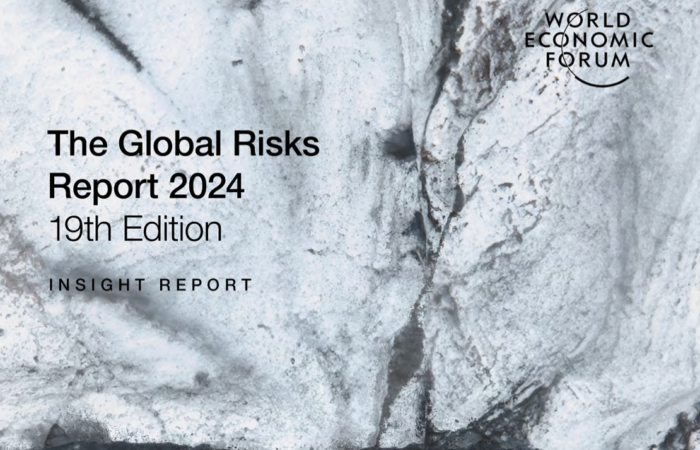
Image is not a brand accessory; it is a vital part of a company’s reputation. Building it requires time, consistency and coherence. But in a digital world where perceptions are formed and spread in real time, it can be compromised in minutes. In this context, silence is costly – and ignoring the signs becomes a risk in itself.
More than just a good practice, constantly monitoring social media has become an essential tool for reputation management. Not only to understand what people are saying about the company, but also to anticipate crises, capture the public's experience and quickly adjust course.
When managing an operation like Motiva, the largest mobility infrastructure company in Brazil – which involves concessions for highways, subways, trains, light rail and airports in different Brazilian states, with around 16 thousand employees and a direct impact on tens of millions of customers per year – uninterrupted monitoring is an unquestionable necessity. We always operate in “crisis level zero” mode, alert to any sign that could evolve into a sensitive issue. This active listening is part of our commitment to management that anticipates, acts and protects the relationship with our customers and society.
“Taking care of your reputation goes beyond preserving your image. It involves interacting with the world in real time, with listening, empathy and strategy.”
In a highly exposed environment like ours, reputation is a strategic asset. Image management is integrated into the company's entire strategy – from business guidelines to operational policies. With a highly intensive operation in contact with the public, we are under constant scrutiny by the press, often guided by conversations on social media. Detecting variations in perception indicators allows us to act quickly or, at least, ascertain the facts and be ready to respond accurately.
I have learned, throughout my career with brand and communication strategies, that an image is not built only with big campaigns. It is formed – or worn out – on a daily basis: in customer service, positioning, silence and, mainly, in response. With social networks functioning as thermometers of public perception, constant vigilance is needed. Today, image is about daily management.
On social media, small mistakes or miscommunications can turn into big, often distorted stories. Therefore, taking care of your image requires constant attention and agility, and not just in times of obvious crisis.
Conscious companies have already understood that we live in a continuous state of attention. Exposure is part of the game and with it, the responsibility to respond with agility, coherence and integrity.
In addition to the essential technological tools, image management requires a mindset that is connected to the company’s culture and operations. Credibility comes from listening, consistency and real involvement: someone who observes, interprets and acts – not just to contain noise, but to build genuine trust.
Each comment can be a sign. Each report, a chance to correct. Each criticism, an opportunity for evolution. It's not about agreeing with everything, but about being attentive to what each interaction reveals.
Taking care of your reputation goes beyond preserving your image. It involves interacting with the world in real time, with listening, empathy and strategy. Because public opinion is a valuable asset – and leaders need to be at the forefront of this construction.

Vanessa Vieira is Brand and Communications Director at Motiva, formerly CCR
Signed articles reflect the opinion of the authors.



